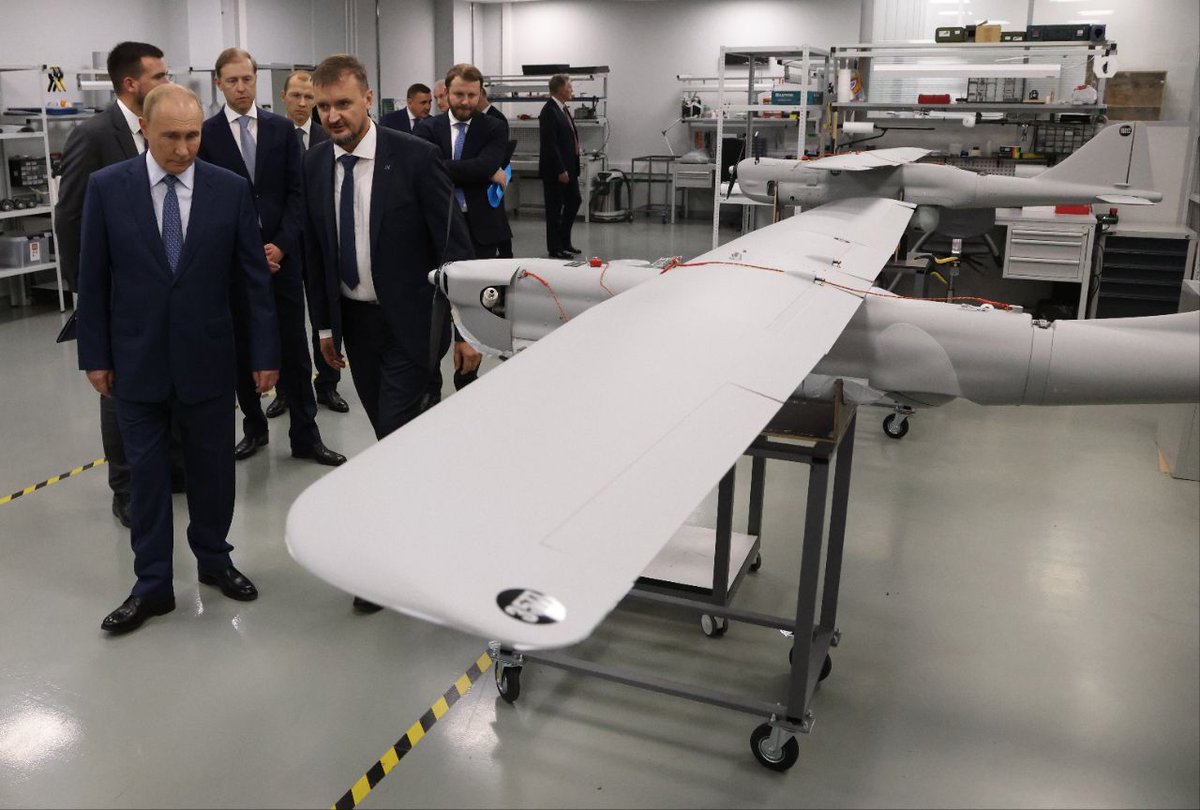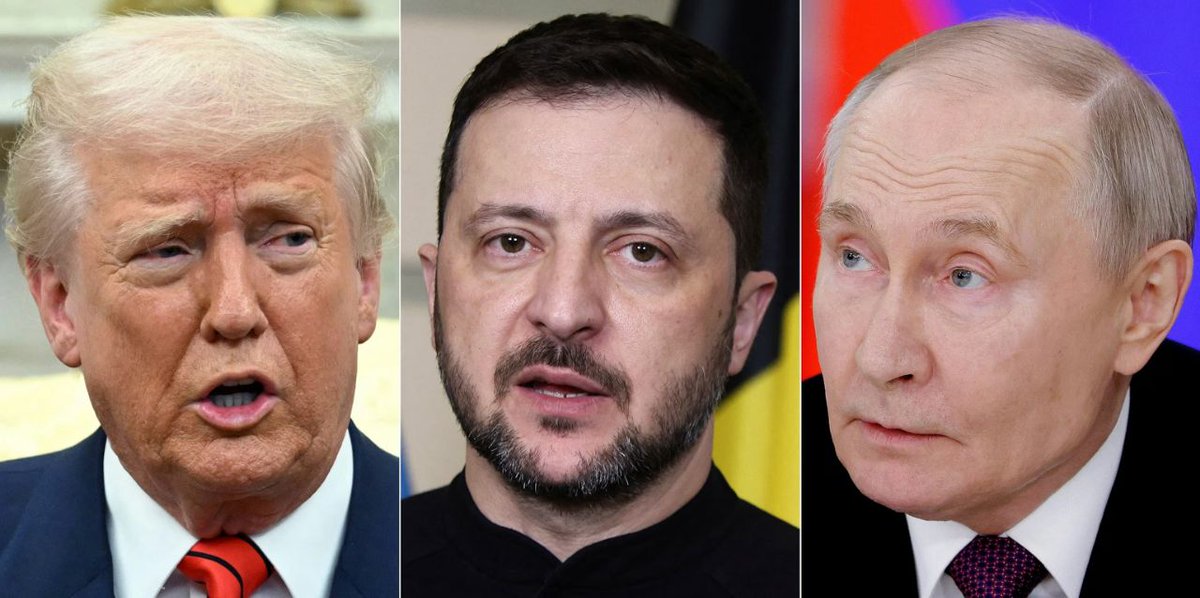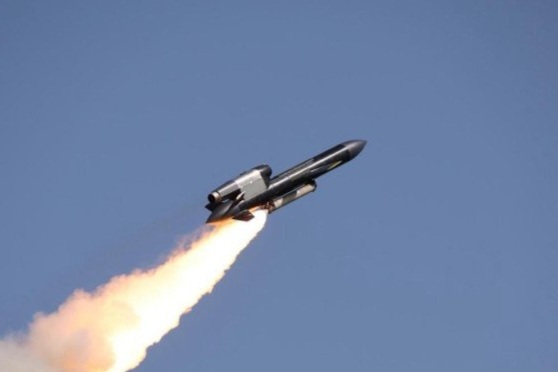Russian drones are flying over Germany to surveil U.S. and allied supply routes to Ukraine, NYT says.
Concentrated in Thuringia, Russian UAVs map weapons corridors.
Officials warn Moscow seeks to disrupt aid through future sabotage operations. 1/
Concentrated in Thuringia, Russian UAVs map weapons corridors.
Officials warn Moscow seeks to disrupt aid through future sabotage operations. 1/

Intelligence may aid Kremlin sabotage and support Russian troops in Ukraine. U.S. and German officials discussed plots, leading to May arrests of 3 Ukrainians.
Russian sabotage in Europe has sharply declined in 2025 after peaking in 2024. 2/
Russian sabotage in Europe has sharply declined in 2025 after peaking in 2024. 2/
Russian attacks in Europe surged 4x in 2022–23 and 3x in 2023–24, but fell to just 4 incidents in early 2025. The drop is linked to tighter European security and Ukraine peace talks.
Gen. Grynkewich credited “robust law enforcement efforts” for curbing sabotage. 3/
Gen. Grynkewich credited “robust law enforcement efforts” for curbing sabotage. 3/
U.S. warned Germany of explosive devices planned for cargo planes crossing its territory, leading to arrests. Devices were addressed to Ukraine, though targets remain unclear.
Some surveillance drones were Iranian-made, possibly launched from ships in the Baltic Sea. 4/
Some surveillance drones were Iranian-made, possibly launched from ships in the Baltic Sea. 4/
Drones may launch from ships, though U.S. officials can’t confirm. Germany is installing anti-drone systems at bases due to high risk.
Drones track weapons makers and shipments through Poland to Ukraine, enabling future Russian sabotage of supply chains. 5X
Drones track weapons makers and shipments through Poland to Ukraine, enabling future Russian sabotage of supply chains. 5X
• • •
Missing some Tweet in this thread? You can try to
force a refresh








